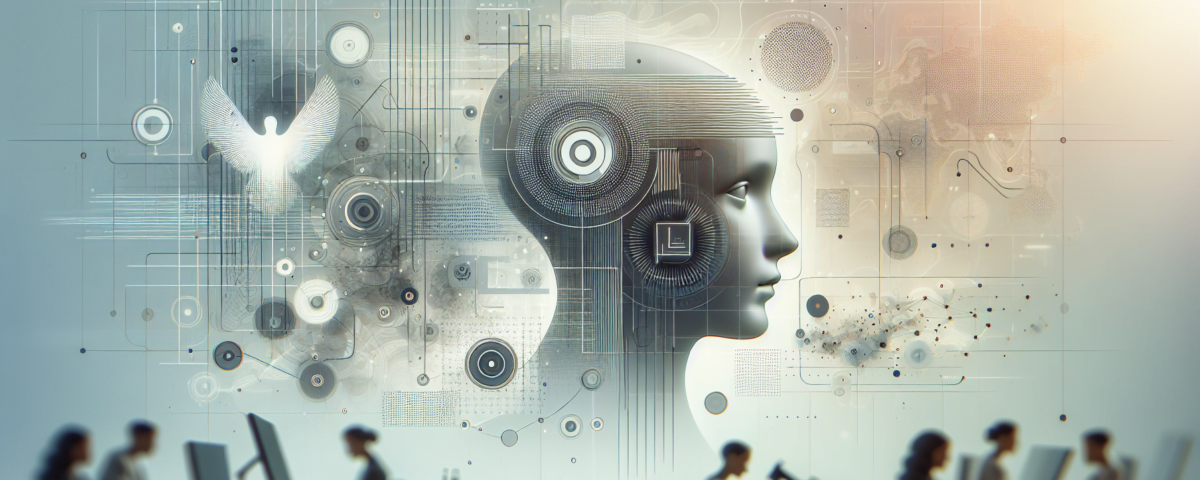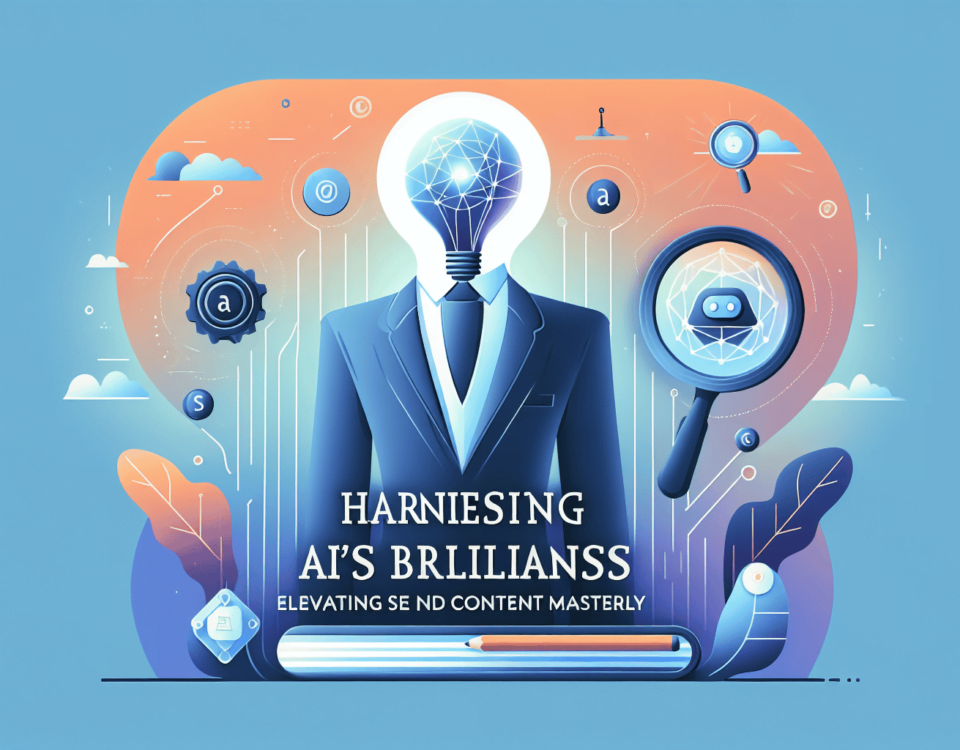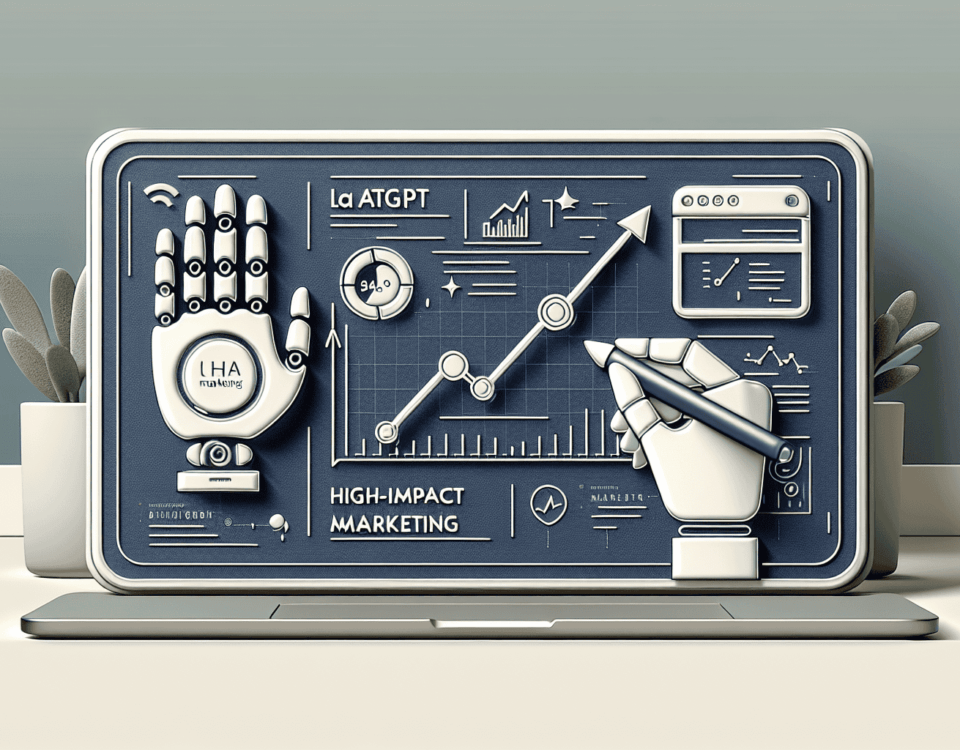The Genesis of Legal Wisdom: A Personal Journey
The path to legal proficiency isn’t merely an academic endeavor; it is an intimate journey shaped by experiences and personal revelations. The origins of legal wisdom often trace back to poignant moments that elucidate the essence of jurisprudence beyond the confines of law school classrooms. This journey is not just one of acquiring knowledge; it is about cultivating a discerning mind capable of navigating complex societal structures.
For some, the inspiration to enter the legal field emerges from family traditions, mentorship, or, quite frequently, a compelling interaction that sharpens one’s perception of justice and its role in society. Legal eagles often recall early encounters where the raw mechanics of law become evident not as abstract theories, but as tangible constructs that harness and direct societal power through the vessel of human intellect.
As the law operates through the application of reasoned judgment, those who practice it aim not to wield power arbitrarily but to channel it through the conduit of rational discourse. Persuasion, rooted in reason, stands at the heart of legal practice. Function as storytellers, lawyers weave narratives that persuade, educate, and, at their best, enlighten. It is the quest for a reasoned argument that breathes life into the statutes and precedents that populate our legal libraries.
A thought-provoked legal practitioner thus embarks on a lifelong quest to fine-tune this art of persuasion. As the landscape of law evolves continuously, shaped by the ever-changing societal, technological, and philosophical trends, such a quest is incessant. And in modern times, amidst rapid advancement in technology, the legal profession stands on the threshold of a new chapter—a chapter where artificial intelligence begins to challenge the traditional confines of human reasoning.
Dissecting the Power of Reason in the Realm of Law
The esteemed realm of law is fundamentally sustained by the power of reason. At its core, the legal system revolves around the construction and interpretation of argumentation, calling upon its participants to champion the delicate balance between facts and rationality. It is through this artful dance of logic and evidence that the scales of justice are tipped and the truth sought.
Legal reasoning, therefore, becomes an intellectual exercise that offers an avenue to constrain power with the mightier force of a well-reasoned argument. Successful attorneys learn to channel their reasoning into persuasive storytelling; they learn to nudge the trajectory of law toward the fairest outcomes by invoking the principles of original intent, precedent, equity, and morality.
However, this classical model of human-deduced logic isn’t without flaws. Cognitive biases, emotional sway, and human error often infiltrate judicial decision-making, leading some to question the reliability of legal reasoning when left solely in the hands of its human practitioners. In this light, we are prompted to explore the potential of computational logic — a form of artificial reasoning devoid of human weaknesses and inefficiencies.
Such an exploration demands a reevaluation of our own intellectual capabilities and a willingness to accept that the power of human intellect may, in certain domains, find a formidable complement, or even a successor, in the mechanisms of artificial intelligence. As with any paradigm shift, this introspection carries profound implications for the future of the legal profession.
The Allure of Artificial Intelligence: A New Horizon of Logic
Advancements in artificial intelligence have beckoned a new era of logical reasoning capabilities, where immense data processing power and unbiased algorithmic assessments promise an unprecedented level of precision in various domains, law being a particularly captivating one. The allure of AI lies in its potential to break free from the constraints of human shortcomings and elevate decision-making processes to levels of consistency and accuracy hitherto unreachable.
With the emergence of sophisticated AI systems such as ChatGPT, the legal community stands before a transformative tool capable of dissecting complex legal problems, analyzing massive datasets, and offering insights based on pure, unadulterated logic. These systems are designed to assimilate the vast array of statutes, case laws, and legal writings, thus becoming repositories of legal knowledge, potentially surpassing any single human attorney.
The charm of AI in the legal sector is only deepened by its ability to remain emotionally detached, striving to provide a balance of probabilities and inferences driven solely by the written law and the patterns found within vast pools of legal data. It challenges us to imagine a future where the role of AI in legal reasoning is not ancillary but central to the adjudicative process.
Considering this, AI presents as both an intellectual fascination and a practical instrument poised to redefine the landscape of legal analytics, strategy formulation, and ultimately, the very ethos of legal reasoning.
ChatGPT on Trial: The Case of RFK’s Assassination
The true test of any emerging technology, particularly one claiming to refine the art of reasoning, is its success in revisiting historical conundrums, where traditional analyses have failed to provide definitive clarity. Enter ChatGPT, an AI conversational model, which, when engaged with the complexities surrounding the assassination of RFK, showcases its reasoning prowess.
ChatGPT, when challenged with reconciling conflicting accounts of the tragic event, navigates through the maze of testimonies, expert analyses, and established facts. Its engagement with this real-world inquiry underscores its capacity to assess information critically and develop coherent narratives that may diverge from the accepted canon but are firmly rooted in the presented data.
This exercise exemplifies not merely AI’s ability to process historical information with a fresh perspective but also its agility in acknowledging the strengths and weaknesses of its reasoning. The dynamism reflected in ChatGPT’s iterative analysis—where conclusions are reevaluated in light of new arguments—mirrors the very essence of the human intellectual process, yet potentially devoid of our inherent biases and inconsistencies.
The implications of such an AI-driven review of contentious historical issues are profound. They provoke a reconsideration of what we accept as fact, push the boundaries of historical truth, and question established narratives, potentially leading to a renaissance in truth-seeking endeavors within legal and forensic contexts.
Challenging Conventional Wisdom in Campaign Finance
Conventional wisdom within any field, including law, often faces stagnation without the refreshing winds of challenge and revision. When applied to the nuanced topic of campaign finance, it becomes clear that the conventional interpretation of judicial decisions may sometimes rest upon fragile pillars. As it stands, the prevailing perspective regards Citizens United as a decision that unequivocally necessitates the existence of SuperPACs — yet, as demonstrated through the logical lenses of AI, such interpretations may not be as ironclad as once imagined.
Engaging an AI, like ChatGPT, in a discourse on campaign finance jurisprudence, we find it meticulously parsing through the opinions, tracing the logical underpinnings of the case, and diligently spotlighting any inconsistencies. The tenacity of ChatGPT in dissecting the aspects of Citizens United reveals that conventional wisdom is vulnerable — subject to reassessment and potential upheaval.
This interaction showcases AI as a formidable participant in the legal dialogue, capable of appraising complex judicial reasoning and contributing to a more robust understanding of legal precedents. It embodies the idea that AI systems could become key players in the reinterpretation and reformulation of legal doctrines, nudging the legal community towards a more incisive understanding of the law.
By challenging convention, AI-inspired legal analysis emboldens practitioners to venture beyond staid interpretations, to boldly reassess the foundations of case law, and thereby evolve the very tapestry of jurisprudence.
The Irresistible Persuasion of AI in Legal Discourse
Striking at the core of legal practice is the art of persuasion — a skill that lawyers spend careers honing to perfection. However, when artificial intelligence enters the legal discourse, it introduces a novel brand of persuasion, one defined by data-driven logic and untainted by personal motive or emotion. This brand of AI persuasion is captivating in its impartiality and irresistible in the objectivity it brings to the table.
Through its interaction with legal professionals and the data they provide, AI like ChatGPT can offer interpretations that resonate with the facts while standing apart from subjective influences, thus enhancing the overall robustness of legal arguments. Its capacity to sway judicial reasoning might lie in its dispassionate, meticulous nature, prompting human participants to reconsider positions and explore new angles.
AI’s contribution to legal reasoning is further amplified when it is seen adjusting its arguments in response to criticism and new evidence, demonstrating a sophistication reminiscent of seasoned barristers. This iterative approach to legal argumentation, devoid of pride or prejudice, forsakes ego for accuracy and, in doing so, redefines persuasiveness in the legal arena.
As such, the seduction of AI reasoning in legal discourse may hinge on its ability to continuously refine its logic, offering the legal community a dynamic tool that evolves and adapts, much like a formidable legal mind would, albeit without the vulnerabilities inherent to human condition.
Reconceiving Justice: The Future of AI in the Legal System
The horizons of artificial intelligence in the ambit of law extend towards a transformative potential to reconceive not only how justice is pursued but also how it is ultimately administered. The dawn of AI in the legal system heralds a future that promises increased precision in legal analysis, unwavering objectivity in adjudication, and faster resolution of legal proceedings through the elimination of human bottlenecks.
In integrating AI into the legal framework, the potential exists for enhancing access to justice, democratizing legal knowledge, and fostering a more equitable legal landscape. AI systems can serve as tireless aids to judges and lawyers, sifting through vast quantities of precedents and statutes, thereby alleviating the administrative burdens that currently bog down legal workflows.
- Rigorous evaluation of evidence and adjudication support
- Streamlining procedural aspects for enhanced efficiency
- Customizable legal analytics for strategy development
- Augmented access and education in legal matters for the public
Yet, with its ascent, AI also introduces a slew of ethical considerations, chief among them the transparency of algorithmic decision-making, the potential for encoding biases into AI systems, and the shifting dynamics in the lawyer-client relationship. The future of AI in the legal system will likely be marked by a careful, measured integration of artificial and human intelligence, continuously calibrated to keep the human element at the core while embracing the enhancements afforded by AI.
The realm of jurisprudence is on the precipice of a paradigm shift, where the coalescence of human and artificial intellect will reshape the frontiers of legal reasoning. As our understanding of justice evolves alongside these technological strides, the legal profession must stand ready to reconceive its boundaries, responsibilities, and the very character of jurisprudential wisdom.




